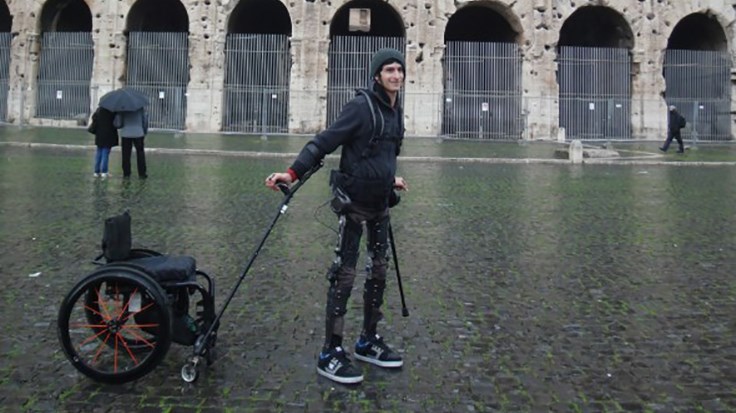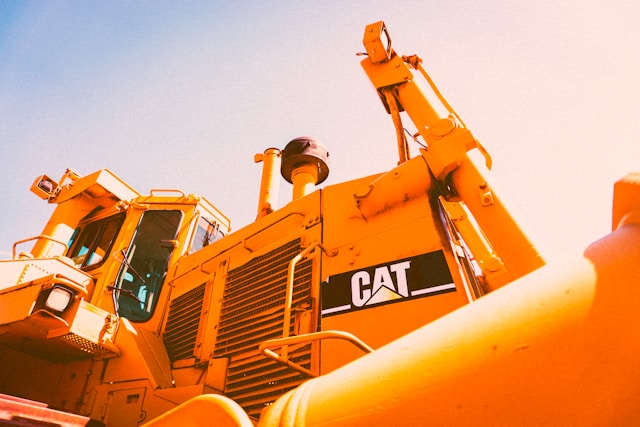The World Health Organization estimates the number of people living with disabilities at 15 million. Technologies such as bionic arms and legs could help some of them live better lives.
IndustryTap has reported on ReWalk Robotics, which created an assistive exoskeleton suit approved by the FDA. Exoskeleton assistive devices have a bright future as they help people to transcend their disabilities and augment human capabilities on many fronts. We have also reported on the “Chairolution” taking place on the production floor where exoskeletons reinforce workers’ bodies. Instead of standing for long periods, workers can use the “chairless chair.” Finally, IndustryTap has reported on Panasonic’s ActiveLink exoskeleton known as the “power loader,” which extends and amplifies human musculoskeletal capabilities at construction and disaster sites.
US Bionics Wins UAE Robotics Award
Now, US Bionics of Berkeley California, a creator of orthotics and prosthetics, has won a UAE Robotics Award for its Pediatric Medical Exoskeleton known as the Phoenix SUITX, the world’s lightest and most advanced exoskeleton to help people with mobility. Phoenix SUITX helps people leave wheelchairs, become mobile, and walk upright. There are currently four versions of Phoenix SUITX:
- Modular Agile eXoskeleton (MAX)
- Trunk Support Exoskeleton (TSE)
- Leg Support Exoskeleton (LSE)
- Arm Support Exoskeleton (ASE)
According to US Bionics, the Phoenix SuitX includes the following major features:
- Phoenix Software
- A modular exoskeleton allowing the user to independently put on and remove each piece.
- Weighs only 12.25kg (27 lbs), affording greater agility.
- A speed of 1.1 miles/hour (0.5 m/sec) has been clocked by a Phoenix user. However, the maximum speed depends on the individual user.
- On a single charge, Phoenix can walk for 4 hours continuously or 8 hours intermittently.
- Phoenix is adjustable for different sized users and can be easily configured to fit individual conditions.
- An intuitive interface makes it easy for users to control standing up, sitting down, and walking.
- Phoenix can comfortably be worn while seated in a wheelchair.
For more information visit the Phoenix website.
The following video shows US Bionics Pediatric Medical Exoskeleton.







